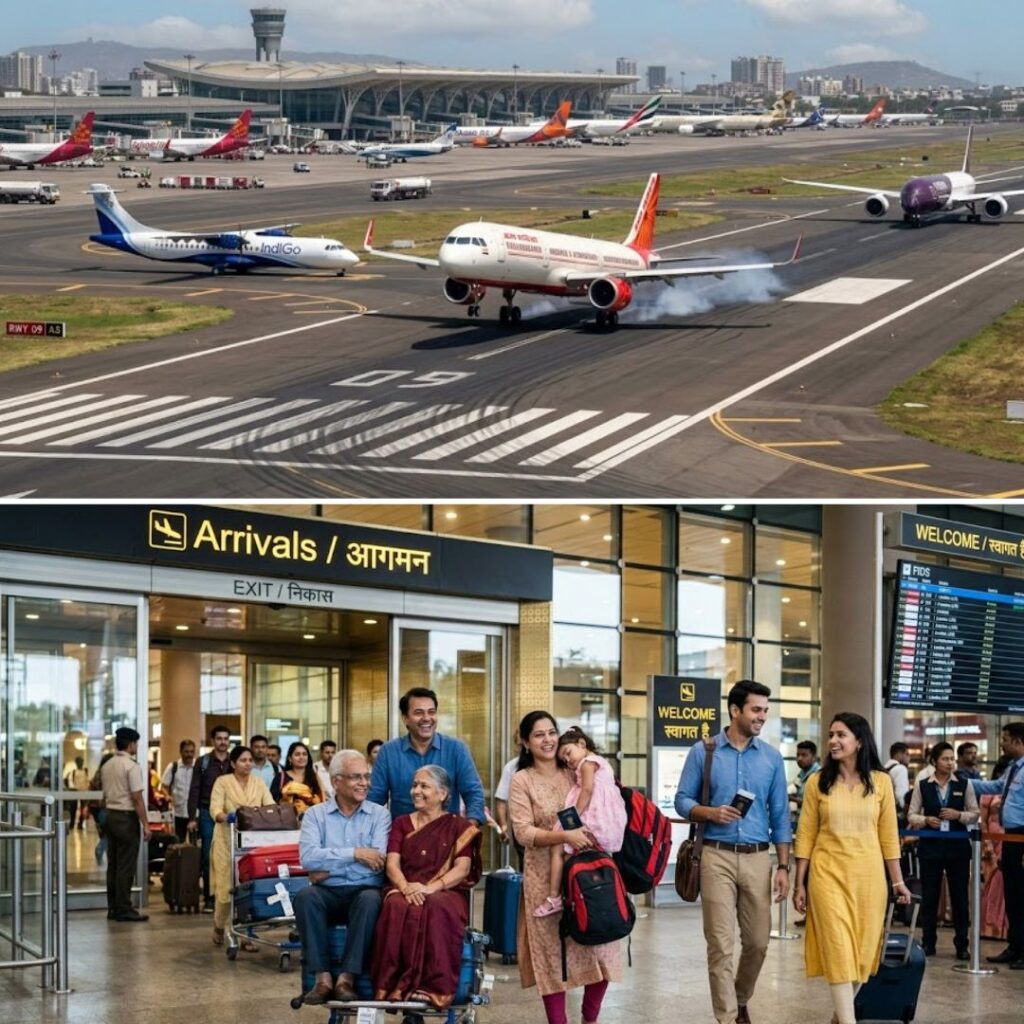The Deputy Development Commissioner, IAS Aditya Ranjan, in the West Singhbhum district of Jharkhand, has come up with multiple designs, such as the ‘Phone Booth COVID-19 Sample Collection Centre’, the CoBot, Face Shield, I-Bed, and the Disinfection Chamber.
Chaibasa, the district administration of Singhbhum district has also taken the initiative of ‘Meals on Wheels’ (MoW) programme to provide meals for those stranded in the lockdown.
The idea for the Phone Booth Sample Collection, Ranjan says, was inspired by a video of sample collection in a hospital in South Korea. He soon devised a similar structure.
‘The design is portable, it can be taken to different locations for testing, and one important thing is that an official in a medical booth collecting samples looks a lot less scary than a pair of officials coming in completely guarded PPE’s’, the IAS officers tells The Logical Indian.
Thus the design eases the fear amongst people, while helping the PPE crisis. The laminated glass pane protects any stone pelting that might occur, and effectively reduces the personnel required for sample collection. It is a faster method especially for hotspots and border checkpoints.
The face shields that Ranjan along with a team of over 30 women from Women Self Help Groups (sakhi mandal) have designed and supplied to the Indian Railways are already in heavy demand.
The shields are very cheap and prevent any fluid contraction that might spread the virus. These shields are to be worn with masks or other protective gear. It is another initiative that helps the dire shortage of protective gear in the country.
The I-Bed or Isolation Bed aims to keep the affected at bay and minimise the interaction as much as possible, while also helping the tedious and rigorous cycle of sanitization.
The beds ensure that the infection doesn’t spread among the patients too as the patients differ in the degrees of affectation and some patients along with the virus could have conditions of TB and other such illnesses.
It ensures that the virus stays within the isolation beds. The same plastic used both in the Face Shield and I-Beds can easily be cleaned by washing, sanitizing, fumigating or they can be disposed of and new ones can be used. About 50 such beds are already in use in a hospital in the district, and over a 100 more are being made.
The Disinfection Chamber is a very compact unit fitted with 9 nozzle mist sprays that would spray disinfectant through PVC lines running through the chamber.
The entire process takes 30 seconds to completely decontaminate the body and decreases the water and disinfectant consumption upto 15 times as compared to traditional spray systems. Ranjan says the design is also very helpful as it is safe for the skin and involves no use of harmful harsh chemicals.
The Co-Bots designed by Ranjan are bots to deliver food, medicines, and water to the affected patients and also collect their disposed items. This design minimises human contact to a great degree and reduces the threat of contraction significantly.
The Bots have a carrying capacity of 30 kg and a connectivity range of 200-300 ft. They are remotely operated using the installations on them such as WiFi camera and a 2-way mic.
The MoW initiative now has 7 vans and has provided food to over 70,000 under privileged and distressed people who have been struck hardest by the lockdown. This initiative also ensures the spread of awareness regarding social distancing and regular washing of hands, and other COVID related protective measures.
‘The most heartening part about this initiative is that the District Administration bears zero cost of running the vans, we get enough monetary donation to run the vans and manage the programme, and enough grain donation to sustain the project’, says Ranjan.
All of Ranjan’s designs are cost effective, and aid the crisis situation of PPE, gloves, masks, and testing kits throughout the country. The designing is easy, takes less time, and also reduces the number of health personnel required.
‘There are many complications and times are critical, there is a shortage of everything, even officials, and we ourselves are on roads to get the work going. It is inadvisable and unfeasible to transport these designs, but I’m trying to do my best to share the idea and the designs with State Governments all over and maximize the implementation to help the cause. In such times, sharing knowledge is much more efficient than trading goods. For now, it is relieving to say the least that there is not a single positive case in the district’, Ranjan tells The Logical Indian.











